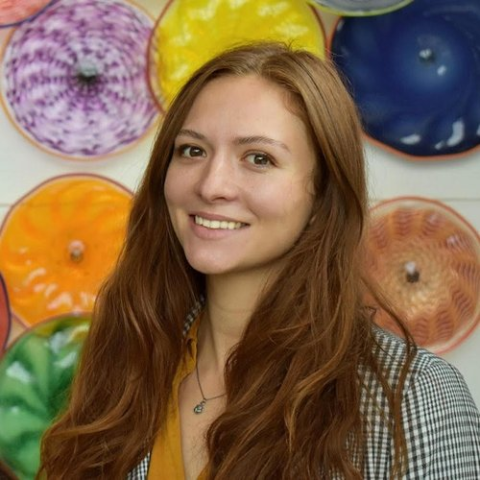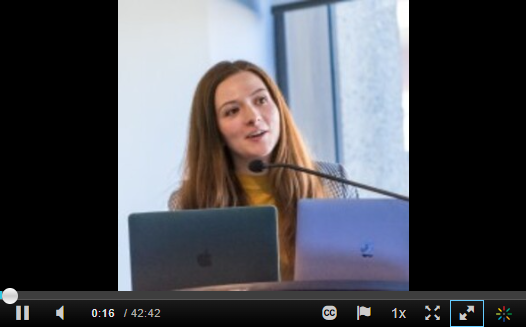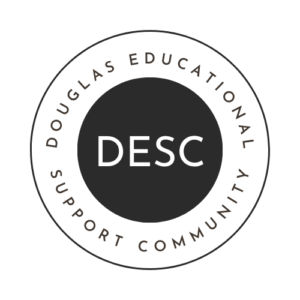What does it mean to be digitally literate in 2025? For Britt Dzioba, Learning and Teaching Advisor at BCcampus, the answer goes far beyond knowing how to use a computer.

In a recent conversation, Britt reflected on her work with BCcampus and Digital Literacy development and the open-access Digital Literacy Hub—a resource designed to help faculty, students, and communities build the skills needed to thrive in an ever-changing digital environment. She noted that while the tools and platforms may shift rapidly, the underlying competencies—such as information literacy, critical engagement with technology, and digital well-being—remain essential.
The pandemic acted as a “bucket of ice water” moment, forcing faculty and students to adapt quickly to online learning. Since then, technologies like generative AI have added new layers of complexity, raising both opportunities and concerns. “I think technology can be a wonderful thing if used intentionally and if used critically. This is where I think, especially with AI, … it’s so important to keep the human in it…that is how we use AI critically and ethically, by centering human experience.”
From exploring algorithmic literacy to supporting accessibility for neurodivergent learners, Britt emphasizes the importance of slowing down, setting boundaries, and cultivating critical thinking. She sees small, grassroots actions—like community-led digital projects or mindful approaches to teaching and learning—as powerful antidotes to despair in the face of rapid change.
Ultimately, digital literacy is not just about mastering tools. It is about equipping ourselves to respond—rather than react—to change, and to shape technologies in ways that sustain human connection, equity, and wisdom.


Leave a Reply